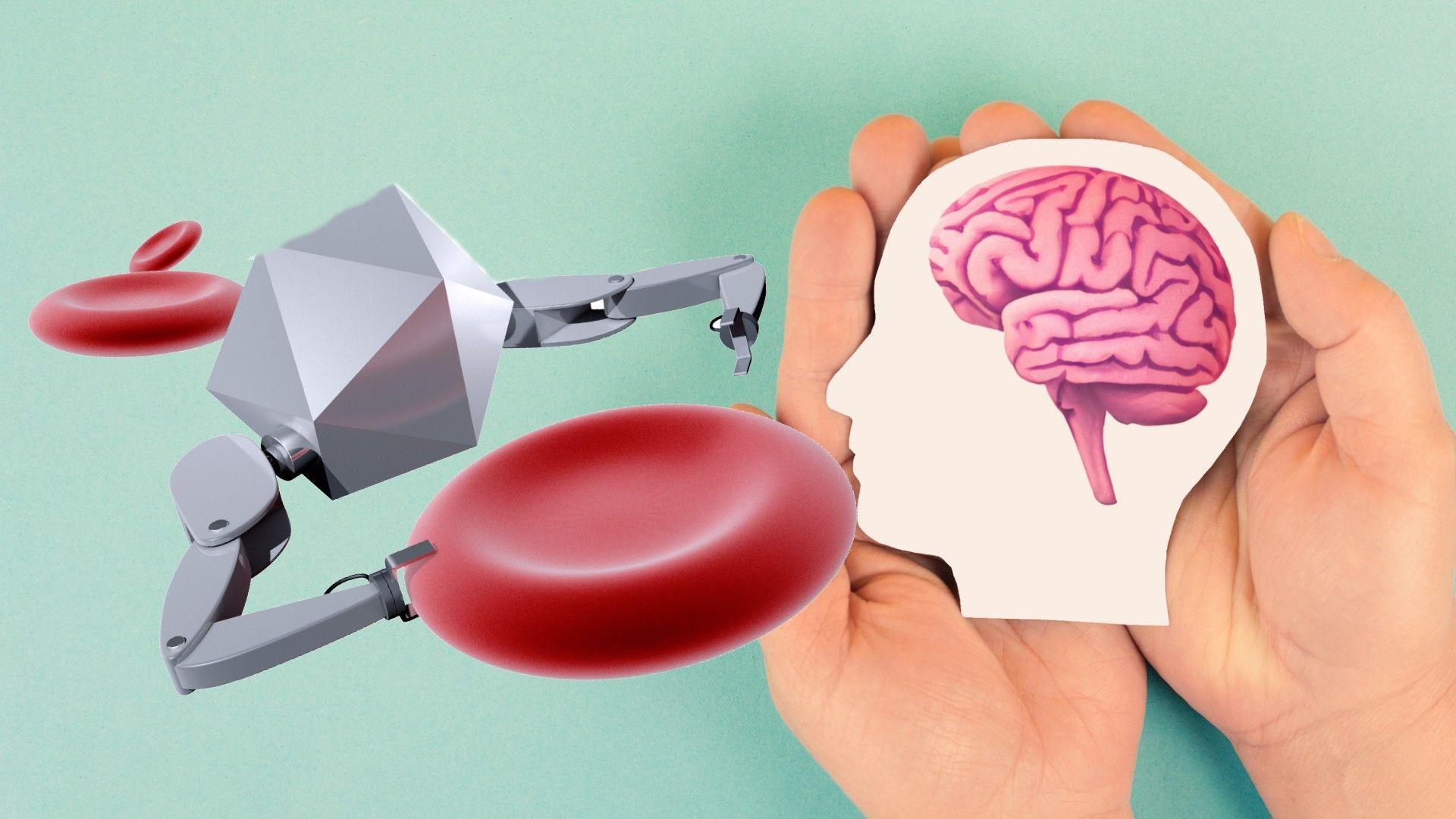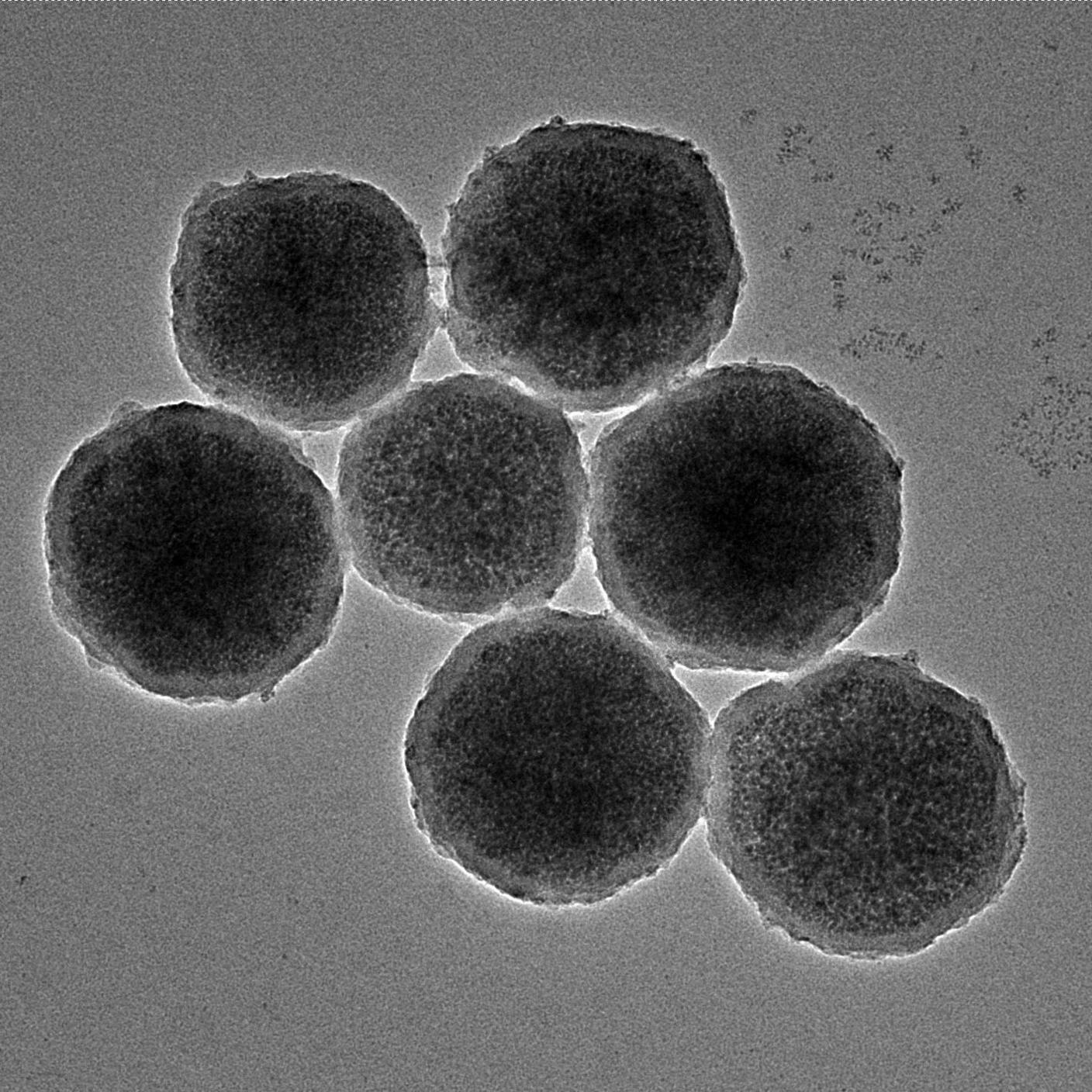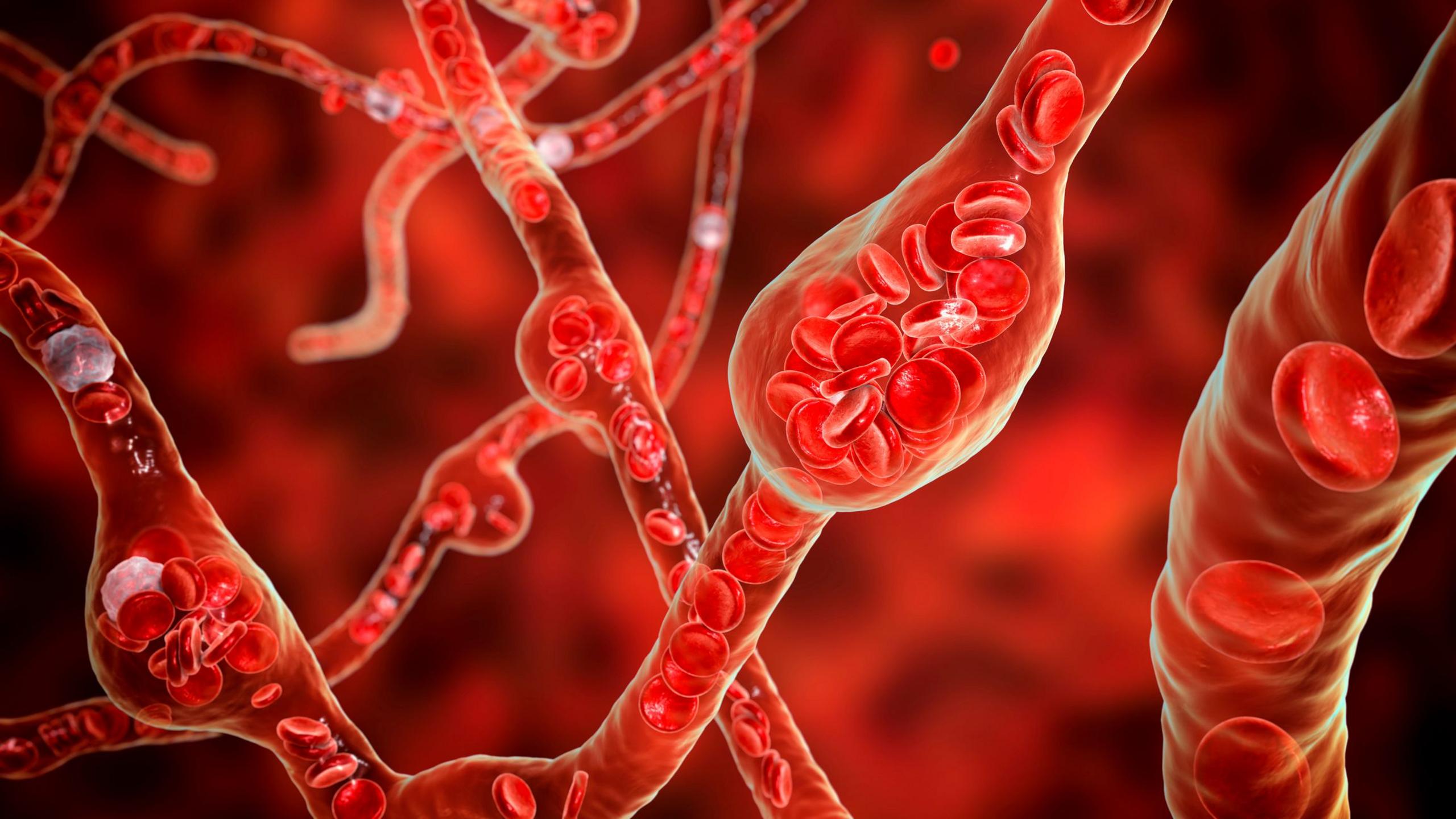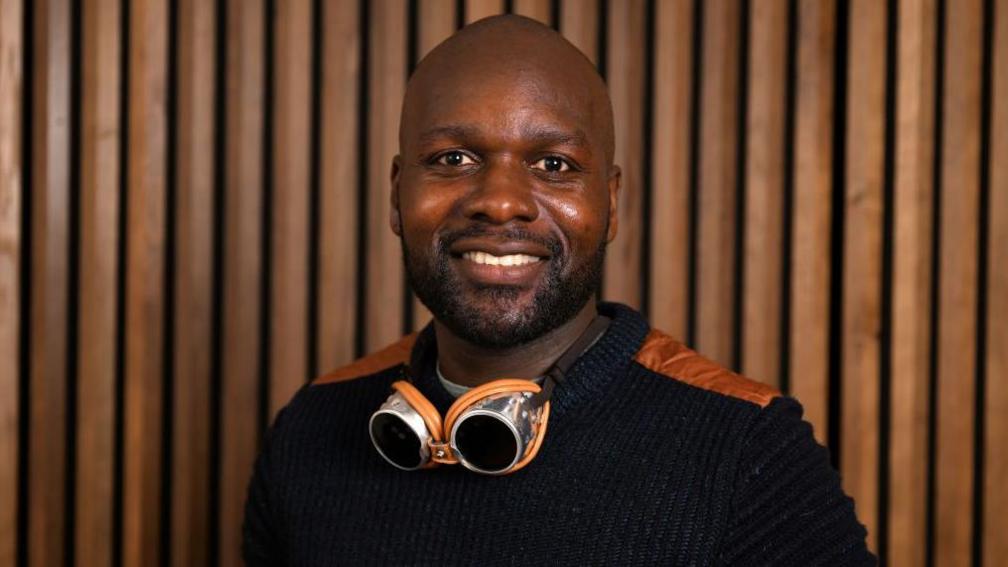Scientists create tiny robots that could treat problems in the body

- Published
As technology advances, the variety of uses for robots continues to increase.
Whether it's machine waiters and astronauts, to AI robots that could one day help with chores - the use of robots is becoming an increasing part of our future.
Now, scientists from the University of Edinburgh's School of Engineering have found yet another way the machines could help humans out.
They've developed tiny robots that can be injected into the human body and used to carried out complicated tasks which could one day open a world of new possibilities in medicine.
The researchers showed the technology could be used to treat problems in the brain that could help many people.
More on robots
AI-powered robot moves to Scotland to visit schools
- Published17 April 2024
Tiny jellyfish robots can move with light
- Published22 July 2024
Would you want to work in robotics?
- Published11 September 2023

The tiny robots can be injected and guided as a swarm to where they are needed
As part of their research, the team created magnetic nanobots made up of blood-clotting drugs covered in a special coating designed to melt at precise temperatures.
They injected several hundred billion of the tiny bots, each one about a twentieth of the size of a red blood cell, into an artery and guided them to parts of the body where they are needed, using magnets and a process called medical imaging.
This technique allows experts to see what's going on inside a person's body.
Once the tiny bots were in position, the researchers used magnets to cluster them together and heat them so they melt, releasing a healing drug at the precise point where it can be most effective.

The tiny nanobots can travel in blood vessels to where they are most needed in the body
"Nanorobots are set to open new frontiers in medicine, potentially allowing us to carry out surgical repairs with fewer risks than conventional treatments and target drugs with pinpoint accuracy in hard-to-reach parts of the body," said Dr Qi Zhou who co-led the study.
The researchers said the study showed the nanobots had the potential to transport drugs to particular locations in the body without the risk of them leaking into the bloodstream. They said this was a key test of the technology's safety, as well as how well it worked.
"Our study is an important step towards bringing these technologies closer to treating critical medical conditions in a clinical setting," Dr Zhou said.
More of the latest stories
- Published5 September 2024

- Published6 September 2024

- Published6 September 2024

